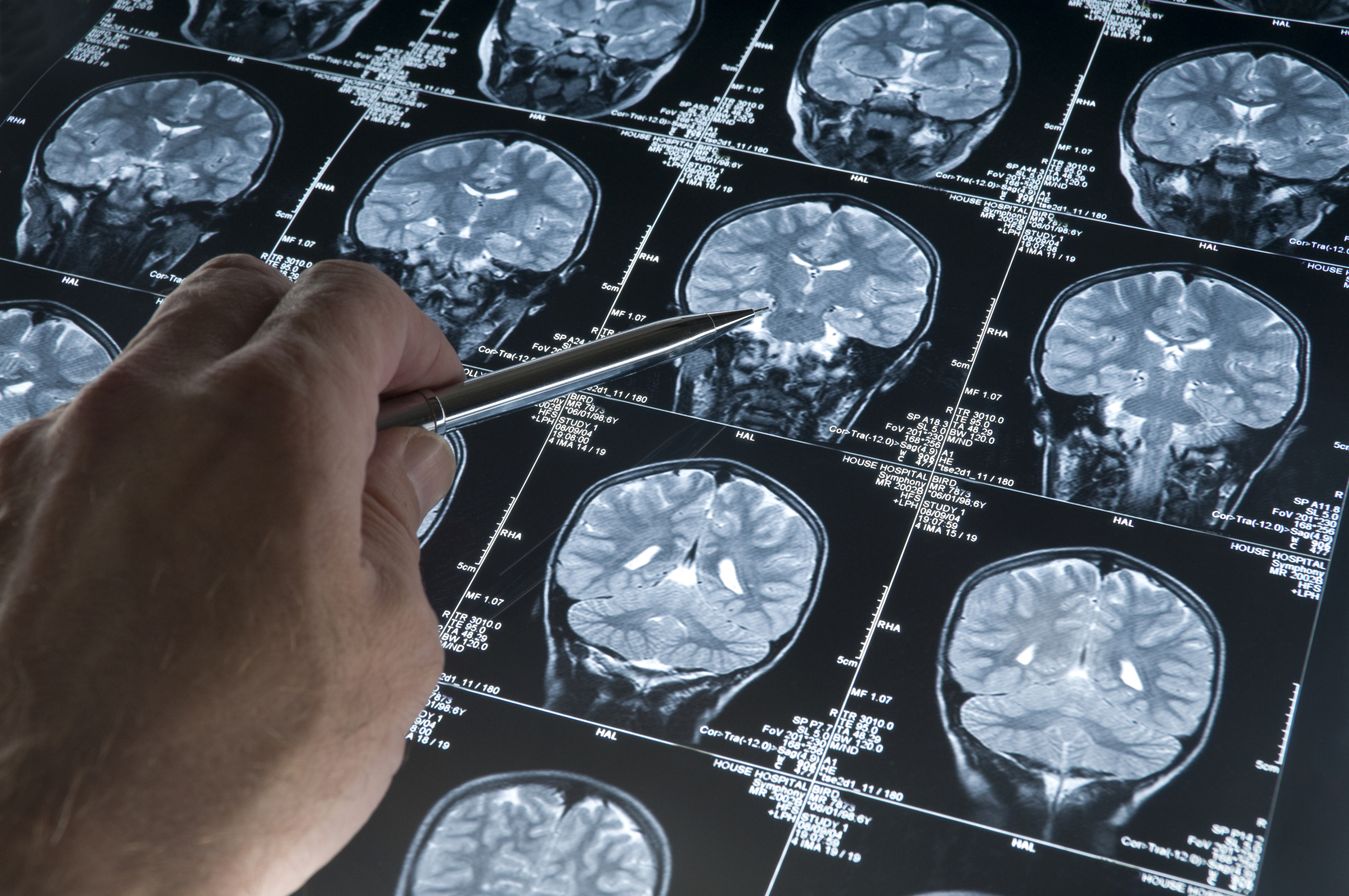
January 29, 2013, by Charlotte Anscombe
Will teenagers grow out of Tourette syndrome?
Professor Stephen Jackson from our School of Psychology appeared on BBC 1’s Inside Out last night talking about the life changing research he is carrying out in to Tourette syndrome. For anyone who missed it, or wants to hear more, then read Prof. Jackson’s guest blog….
Our research programme here in Nottingham is guided by two goals that are frequently mentioned when discussing research priorities with individuals with Tourette syndrome and their families: these are the development of effective, non-drug, therapies (ideally treatments that are low-cost and can be self-administered within the home); and the development of an accurate and reliable means for predicting the likely progression of the disorder, including future clinical outcomes, for a particular individual. These goals might appear rather ambitious, but there is mounting evidence to suggest that both could be realised before too long.
One very promising candidate for an effective non-drug treatment for tics in Tourette syndrome (and possibly more generally for impulse control disorders) are therapies based upon non-invasive, brain stimulation, techniques such as transcranial magnetic stimulation [TMS] or transcranial electrical stimulation [TES].
We think that the occurrence of tics in Tourette syndrome is associated with increased cortical excitability within frontal and motor regions of the brain and that the control of tics may be linked to the suppression of cortical excitability. TMS and TES are safe, non-painful, non-invasive techniques that can be used to bring about a temporary increase or decrease in cortical excitability. Importantly, a relatively short period of stimulation (e.g., 15-20 minutes) can lead to a period of altered cortical excitability that lasts for several hours after the stimulation has ceased.
The use of brain imaging techniques such as magnetic resonance imaging (developed here in Nottingham) have revolutionised the study of the brain over the last 20 years, and have made an important contribution to the clinical diagnosis and treatment of many neurological and psychiatric conditions. It is surprising therefore that brain imaging techniques typically play little or no role in the diagnosis or management of neuropsychiatric conditions such as Tourette syndrome. However we think that this situation may soon change; with MRI scans contributing a means for more accurate diagnosis of neuropsychiatric illnesses, and more importantly perhaps, a method for accurately and reliably predicting future clinical outcomes, including the likely success of clinical treatments.
One reason that brain imaging techniques such as MRI have had little impact with respect to neuropsychiatric disorders has been that the traditional way of analysing these images, by looking at individual brain regions, or sub-regions, in isolation have proven not to be particularly useful clinically. Recently however we have started to take a different approach by adopting pattern recognition techniques that are used in engineering to solve problems like fingerprint analysis or face recognition. When these techniques are applied to MRI scans, we try to identify and learn specific patterns of differences in brain structure that together are strongly linked and highly specific to a particular neuropsychiatric condition. One can think of this as analogous to trying to identify a brain ‘fingerprint’ that is uniquely linked to a particular disorder, or which might strongly predict a clinical outcome. An important advantage of this approach is that once a brain structure ‘fingerprint’ has been identified and learnt, it can very easily be applied to new images that have not been part of the set of training images. These techniques may very soon form the basis of individualized medicine in which such methods, or similar, are used for accurate diagnosis, to reliably estimate the likely success of treatments, and predict the likely course of illness, for a wide range of neuropsychiatric disorders.
Our studies are ongoing and we welcome volunteers to help us with these and other studies.

MRI scans and pattern recognition techniques look to a very promising development, deficit models concentrating on individual areas are useful but …
I don’t know anyone with Tourette’s, but i did see a programme on people with Tourette’s and although some of them were coping reasonably well as they got older, the 8 year old boy who wanted his parents to kill him brought home the devastation this syndrome can bring.
Yes, the pattern recognition approach offers considerable promise for improved diagnosis and prediction of future clinical outcomes.
You are correct about this disorder having a devastating effect on the quality of life on children and their families. This is why it is so important to provide information about the condition so as to dispel the idea that it is a comedic disorder
Dear Prof Jackson,
Please please please do help my 8 year old with newly diagnosed Tourette’s.we will do anything to try your new methods.please reply, do not ignore us as lots of people do due to ever so present lack of resources.
Really looking forward to your reply
Kind regards
Aga stewart